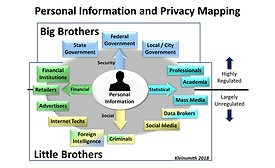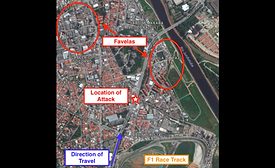Web Exclusive Stories
How to Utilize the Homeland Security Exercise and Evaluation Program (HSEEP) Framework, Part 2
Read More
How to Promote Continuous Improvement in Threat Assessment Programs
How to Utilize the Homeland Security Exercise and Evaluation Program (HSEEP) Framework
August 15, 2018
Cyber Response Fatigue Management: Overlooked and Undervalued
Are Cyber Professionals Too Exhausted to Monitor for Attacks?
March 29, 2018
4 Trends Driving Security Operations Centers
How the SOC Creates Customer Confidence
March 22, 2018
Sign-up to receive top management & result-driven techniques in the industry.
Join over 20,000+ industry leaders who receive our premium content.
SIGN UP TODAY!Copyright ©2024. All Rights Reserved BNP Media.
Design, CMS, Hosting & Web Development :: ePublishing












